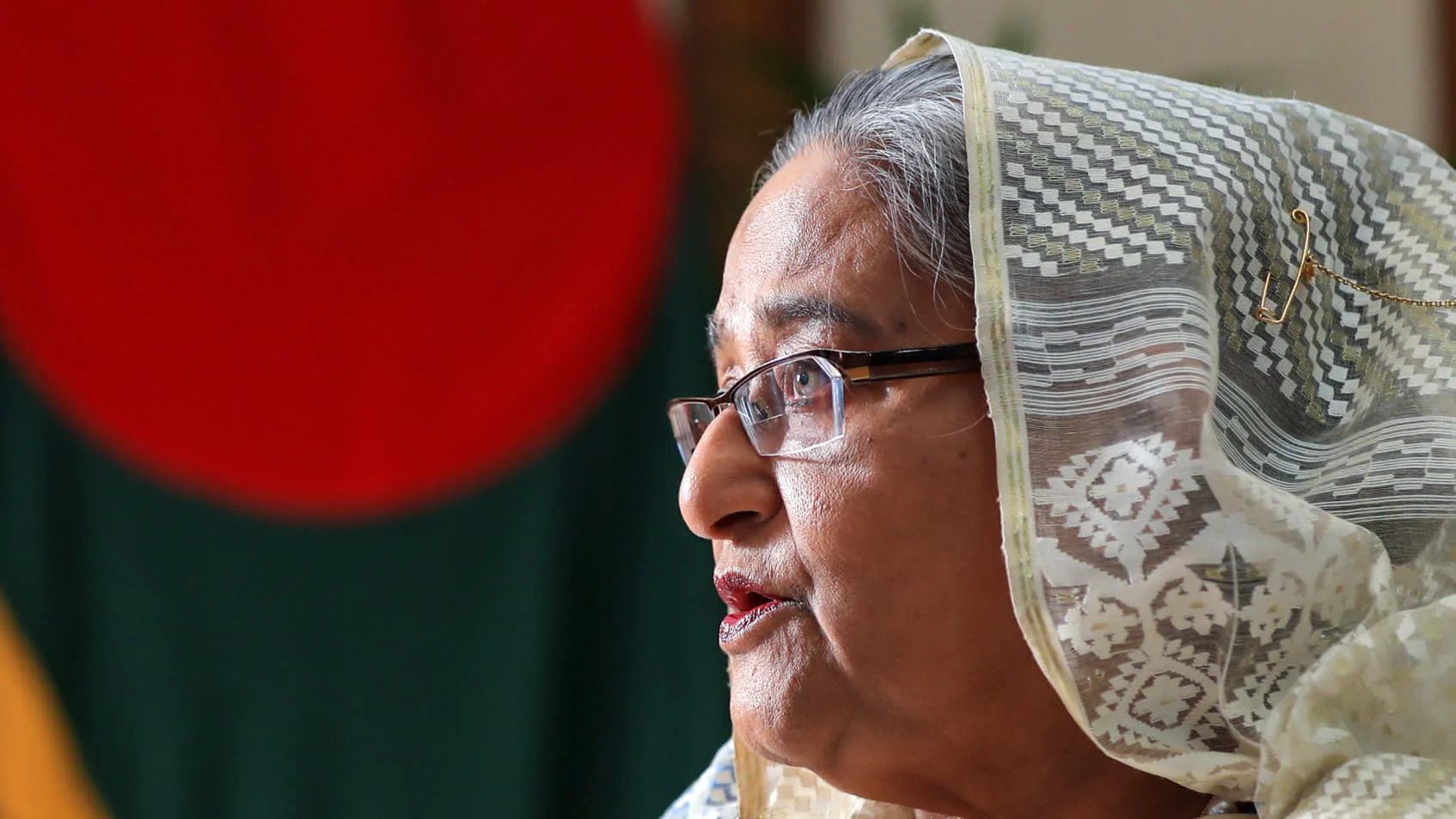Girls Not Brides: The Next Syrian Refugee Crisis
by Muneeza Sheikh
“Usually a girl's wedding day is the happiest day of her life, but for me it was the saddest.” 13 year-old Ghazal, a slight but spirited young girl recalls her wedding day, where she sat on the floor of a camp in an extravagant wedding dress and was surrounded by children not much older than her, clapping and singing rhymes that she prevented from escaping her tongue.
The sound of dishes crashing to the floor marks just another joke made by Alaa’s 20-year old husband of her lack of skill in the kitchen. Far from ideal, the 14 year-old orphan is not only expected to conform to these gender stereotypical ideologies, but is also expected to serve as a good housewife; cleaning, feeding, and caring for her husband are just a few daily chores around the prefabricated camp of Zaatari where her spouse and herself reside.
However, now Alaa is pregnant and faces the possibility of not being able to feed another mouth due to food shortages and scarcity of basic supplies. She admits that she is "...scared of having a baby because [she] feels[s] that [she] won't be able to look after it”. She also wished to continue her studies and dreamed of one day becoming a doctor.
On the other hand, Ghazal made sure her community recognized that she was a girl and not a bride, for she outright rejected the proposal of a 30 year-old Saudi man. Unclear of how long she would be able to challenge and defy what now has been established as a social norm, she married her husband Qassam.
Shockingly enough, Ghazal and Alla are not the only girls suffering from early marriages, for almost one third (approximately 32%) of refugee marriages in Jordan involve a girl under 18, according to the latest statistics from Unicef. This refers to registered marriages, therefore the actual figure is probably much higher, as many marriages are not registered and are considered illegal. A dangerously high number of girls being forced into early marriages has increased by more than twice since the war erupted in Syria.
According to local aid workers, there is an organized and established trade and market for young girls. Impoverished families with many members face a strenuous plight of having to support their children with shelter, food and fresh water, thus are forced to marry their young daughters off to older men and brokers, many who come from the gulf states, who present themselves as Donors, but are actually looking for girls as young as nine. The average rate at which a child bride is sold is between 2000 and 10 000 Jordanian dinars, a whooping $3500 to about $17 800 Canadian dollars.
Eva Abu Halaweh, a lawyer from the local human rights group MIZAN, warned that informal marriages expose the vulnerability of these young girls. “This is dangerous. It means girls could lose their rights if they are divorced or if they encounter disputes with their partners." Worried mothers afraid for their daughter’s safety are falsely led to believe that their daughter’s futures will be more financially secure if they are supported by their husbands. However, parents of young girls are unaware of the true reality that they are placing their daughters in, and are wholly blinded to the fact that they subconsciously and unwilingly are using this as a coping mechanism from witnessing the destruction of their war-torn homeland.
The father of a child bride tells IRIN the extent to which the situation has worsened and continues to worsen, “It is our tradition, but now it became a necessity. Syria is not a good place for women and girls any more,” said the father of Hanadi, a pregnant child bride in Jordan aged 14.
Let alone the medical and health related effects of early marriage such as the increased risk of contracting STDS that lead to having a higher risk of not being able to have children later on life, to depression and stress that a young mind struggles to cope with, early marriage ironically forces these wives to give up their futures and submit to their husband’s desires and decisions.
Unfortunately, in third-world countries such as Syria and Jordan, there is little knowledge of family planning and most aspects of child marriage are viewed by the parents as an instant fix for their daughters. Yet this has a significant impact in the long run, for babies born into the vicious cycle of poverty face an uncertain future being brought up by mothers who are themselves, in many cases, still children.
Source: BBC News















